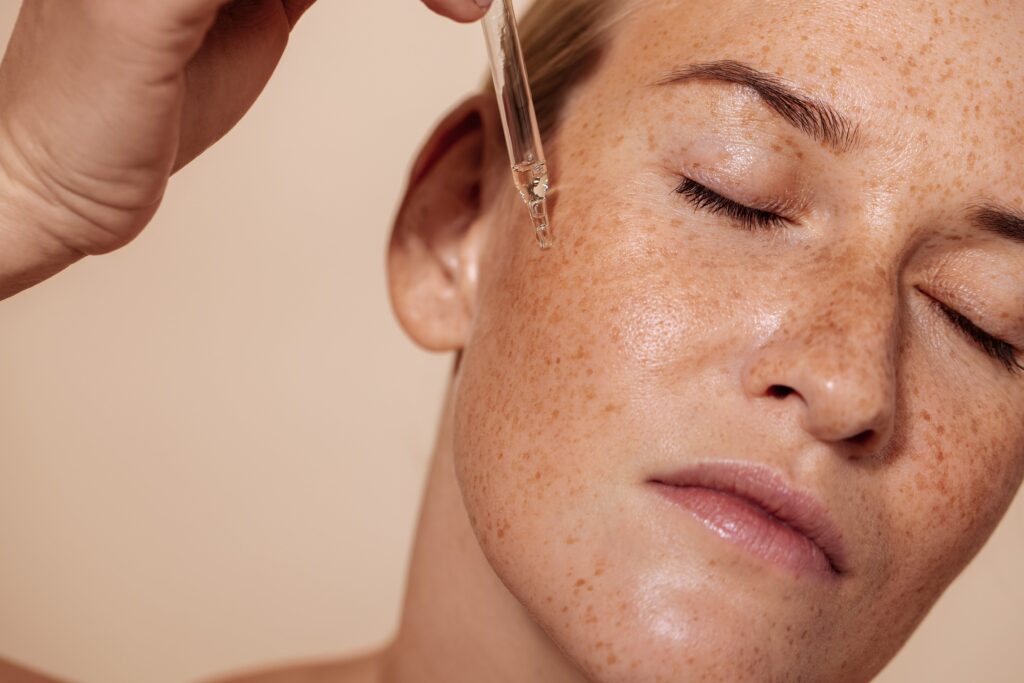
UPDATE: Exosomes are taking the beauty world by storm, suddenly appearing in countless skincare and haircare products. These nano-sized vesicles are gaining attention for their potential to enhance collagen production and promote hair growth, making them a hot topic among beauty enthusiasts and dermatologists alike.
Why are exosomes generating buzz RIGHT NOW? Experts claim they could be an effective alternative or complement to traditional treatments like Retin-A and Rogaine. With the beauty industry rapidly evolving, exosomes might just redefine how we approach skin and hair health.
Dr. Hadley King, a New York-based dermatologist, explains, “Exosomes are released by cells to communicate with other cells. They contain growth factors, proteins, peptides, and genetic material.” This communication mechanism allows exosomes to influence cellular behavior, making them particularly intriguing for beauty applications.
Initially discovered in the 1980s, exosomes were once dismissed as waste. However, recent research highlights their signaling capabilities, prompting a surge in interest from the cosmetic sector. “Inside these little bubbles are remarkable biological materials,” says Dr. Joshua Korman, a plastic surgeon from California. “They have clever membranes that allow them to easily slip into and out of cells, making them highly effective at communication.”
Despite their potential, the FDA does not regulate over-the-counter products containing exosomes. This lack of oversight means quality can vary, warns Dr. Brendan Camp, also a dermatologist in New York. Human-derived exosomes—often sourced from umbilical cord blood—are considered most effective, but they come with stability and contamination issues.
When shopping for exosome-infused products, consumers should look for terms like “human adipose stromal cell exosomes” or “plant culture-derived exosomes” on ingredient lists. Dr. Camp notes that products featuring exosomes leverage the body’s natural healing processes, enhancing both appearance and long-term skin health.
One notable product is Elevai Enfinity, which claims to boost skin elasticity and reduce fine lines in as little as four weeks. For those seeking a more affordable option, the Peach & Lily MiniProtein Ampoule is gaining traction among budget-conscious consumers.
In the realm of haircare, exosomes are touted to stimulate hair growth by reducing inflammation and activating hair follicles. Dr. Camp suggests using scalp serums like Exoceuticals Exo Fortify to maximize these benefits.
Clinically, exosomes are often used post-procedure, such as after laser treatments or microneedling, to enhance healing and results. While they show promise in treating photoaging and hair loss, the FDA has not approved exosomes for cosmetic use yet.
As the beauty industry continues to innovate, exosomes symbolize a shift towards natural and effective treatments. Their potential to revolutionize skincare and haircare is significant, and experts agree that further research will only bolster their credibility.
With consumers increasingly seeking cutting-edge solutions, exosomes may soon become a staple in beauty routines. For anyone interested in the latest trends, these tiny vesicles are worth keeping an eye on.
Stay tuned for more updates on this developing story as the beauty landscape evolves.





